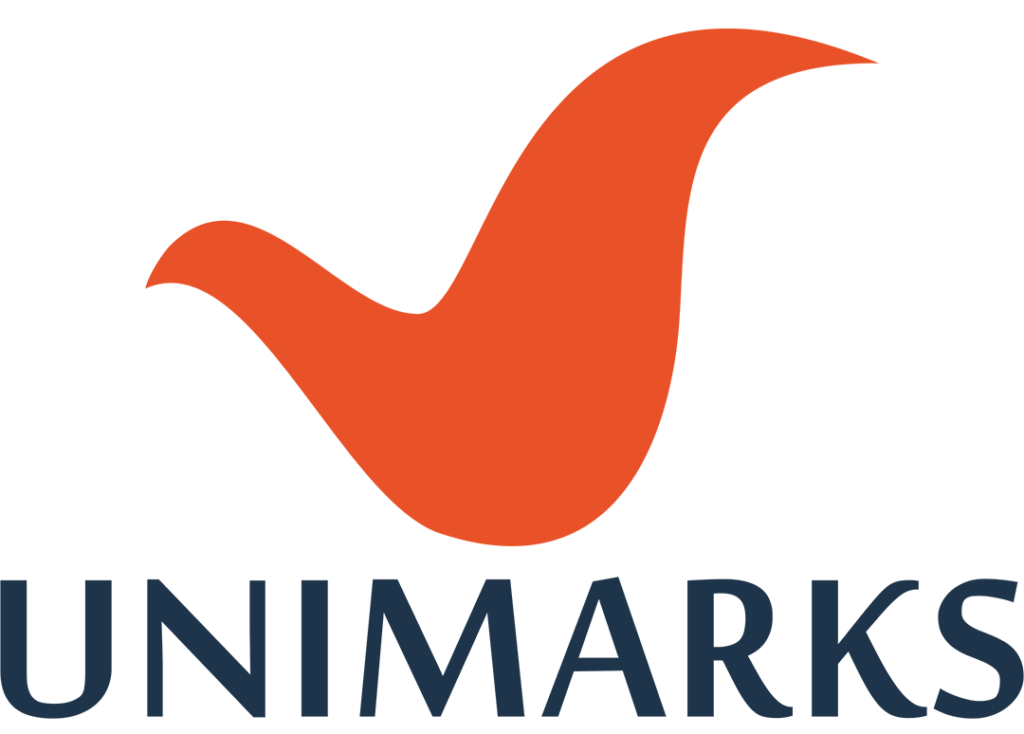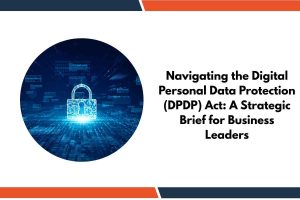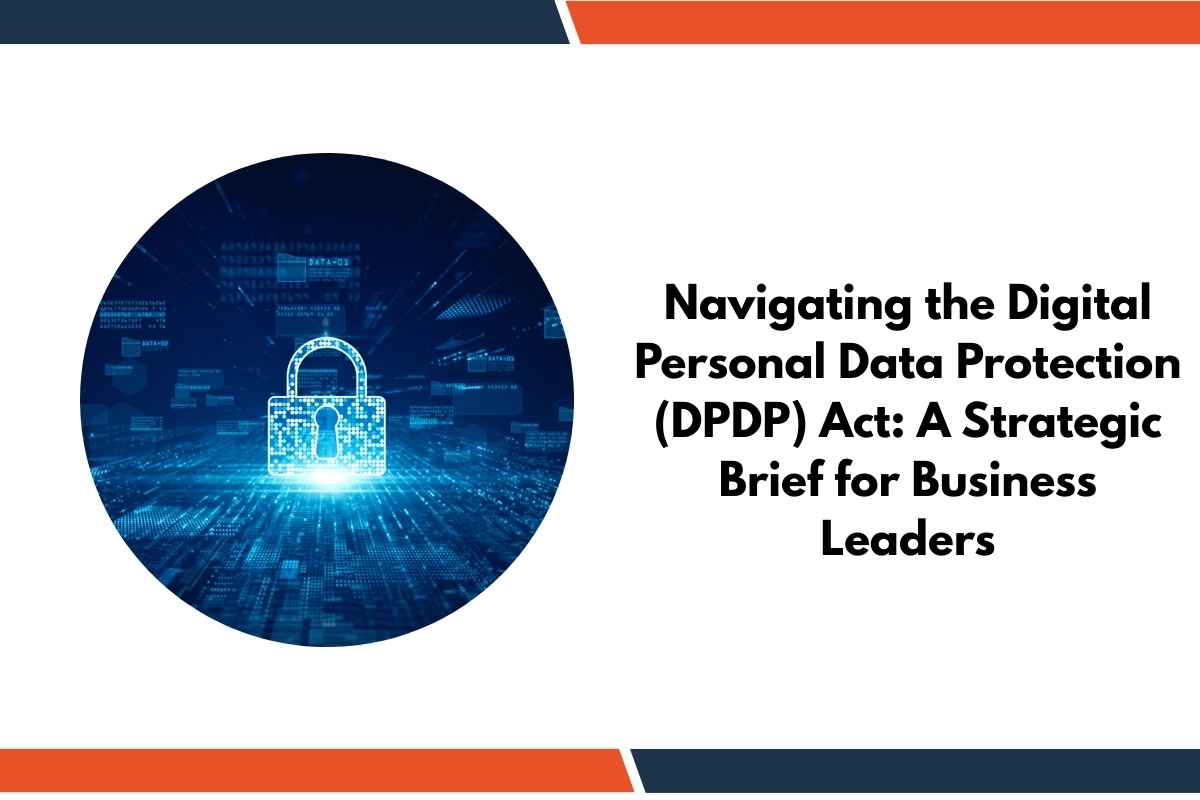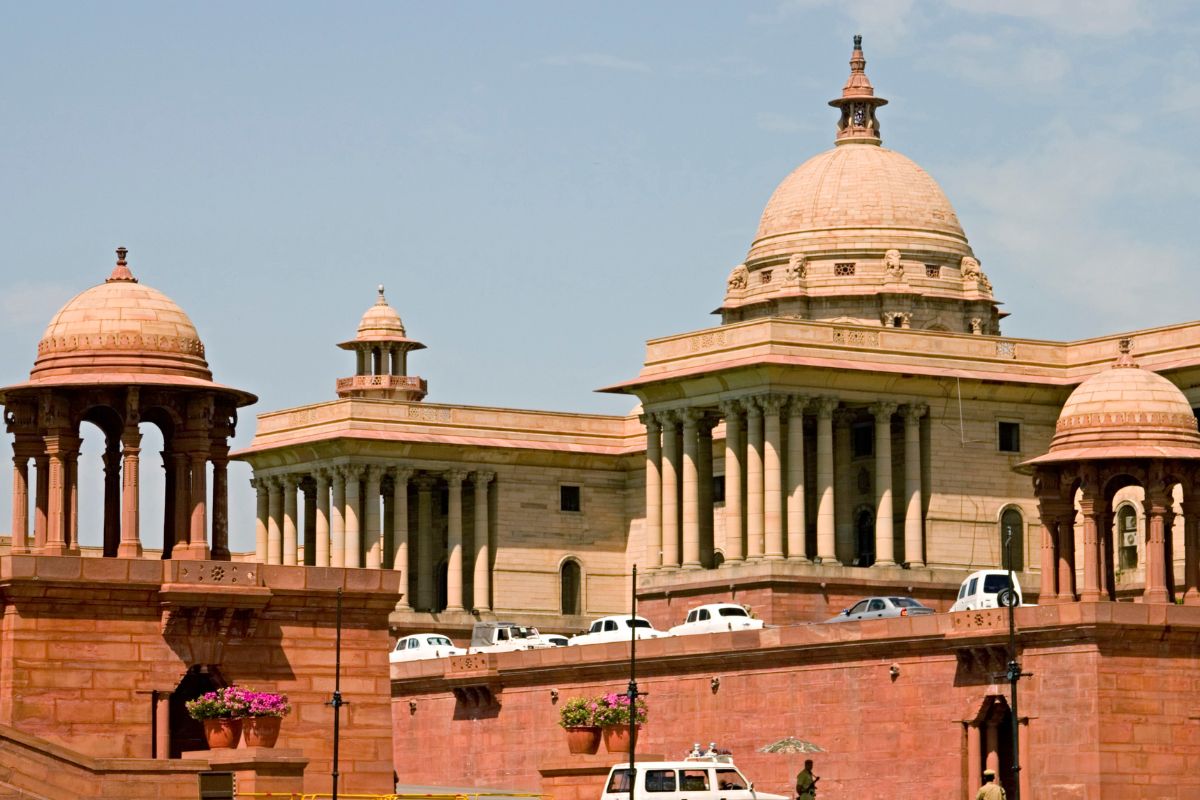In February 2025, the Delhi High Court delivered one of the most significant intellectual property (IP) judgments in Indian history — awarding an unprecedented ₹340 crore (approx. $39 million) in damages against Amazon Technologies.
The case, Lifestyle Equities C.V. & Anr. vs. Amazon Technologies Inc., is more than a dispute over logos. It’s a legal turning point that defines how trademark infringement in e-commerce — now termed “e-infringement” — will be treated in India.
Understanding the Dispute
The Brands Involved:
- Plaintiff: Lifestyle Equities C.V., owner of the globally recognized Beverly Hills Polo Club (BHPC) trademarks and iconic polo player logo.
- Defendant: Amazon Technologies Inc., through its private-label brand “Symbol.”
Also Read : Protecting Global Brands in India: Insights From The Rulings Of Madras High Court IP Divsion
The Core Complaint:
In 2020, BHPC discovered that Amazon’s Symbol apparel featured a polo player logo strikingly similar to their own — sold directly on Amazon’s platform at far lower prices, causing consumer confusion and potential brand dilution.
The Legal Issues at Stake
The court examined three central questions:
- Triple Identity Test – Was Amazon using a nearly identical logo on identical products (clothing) sold through the same channel (Amazon’s platform)?
- E-Commerce Liability – Can a tech giant be held liable for infringement when playing multiple roles: brand owner, seller, and marketplace operator?
- Damages for E-Infringement – What’s an appropriate penalty for deliberate, bad-faith trademark misuse online?
The Court’s Reasoning
Justice Prathiba M. Singh’s judgment left no room for ambiguity:
- Triple Identity Proven: The Symbol logo was “nearly identical” to BHPC’s mark, used on identical goods, sold via the same online channel.
- E-Infringement Defined: The court coined the term “e-infringement” to describe trademark misuse in complex e-commerce ecosystems where multiple players — brand owners, retailers, platforms, logistics providers — can be implicated.
- Amazon’s Bad Faith: Evidence showed Amazon Technologies controlled how Cloudtail (its local seller) used the mark, even indemnifying it against IP claims. Amazon’s absence from proceedings was seen as strategic, not innocent.
- Safe Harbour Limits: Intermediary protections under Indian law do not shield a platform’s parent entity when it is actively orchestrating the infringement for its own brand benefit.
Also Read : Anti-Dissection vs. Dominant Part: Under Armour’s Landmark Victory at the Delhi High Court
The Landmark Outcome
The Delhi High Court:
- Granted a Permanent Injunction against Amazon Technologies.
- Awarded ₹340 crore in damages — the largest-ever damages sum in an Indian IP case.
- Sent a clear message that bad-faith trademark infringement in e-commerce will face zero tolerance.
(Note: The damages award was stayed by the Division Bench pending appeal, but the legal principles remain groundbreaking.)
Also Read : E-Commerce Platform Liability Demystified: Safe-Harbor Limits and Platform Control Post-Lifestyle Equities
Author: Suresh Kumar is an Advocate at the Madras High Court and Managing Attorney at Unimarks Legal Solutions, Chennai. Since 2008, he has focused on trademark enforcement and litigation across the Madras HC IP Division, Commercial Courts, and District Courts in Tamil Nadu.
Disclaimer: The content provided here for Information purpose only; it shall not be construed as a legal advice. Last reviewed: August 2025.





